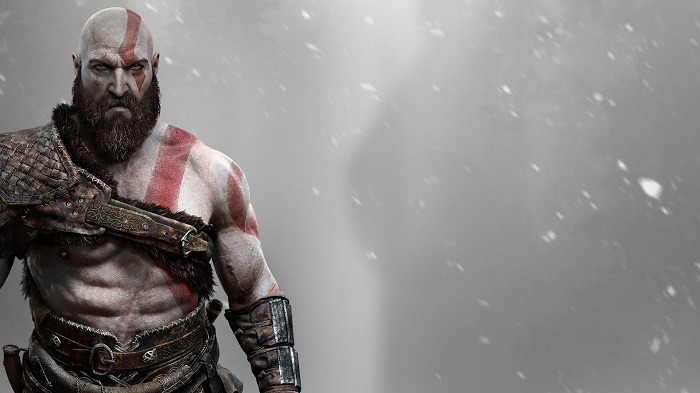
One way it will likely run parallel to the original mythology however, is with the gathering of the children of Loki in order to strike against Asgard. So straightaway, we know that God of War will vary significantly from the traditional myths. Which would be a tricky feat to occur in God of War, on account of them being very dead. In one of the original tellings, Thor’s sons Modi and Magni do make it to the end of Ragnarök and beyond. Few will survive facing these formidable beings. Thor, Odin, Freya, Heimdall and many others will die in battle against the three children of Loki Fenrir the giant wolf, Jörmungandr the Midgard serpent, and Hel, ruler of – unsurprisingly – Hel. At the closing moments of the epic battle so long foretold, most of the Norse gods have ended up catching a severe case of premature death. God of War's animation director Bruno Velazquez even gave an implication of the abrahamic God existing, despite being of monotheistic religion.Ragnarök means, when translated from Old Norse, “fate of the gods” or “twilight of the gods.” It is both an apocalypse but also a rebirth, for, from the ashes of the old world, a new world is born. In God of War: Chains of Olympus, various monsters from Arabic mythology appear, suggesting the Arabic pantheon exists as well.

However, in the Greek pantheon, the God of War was Ares, who was later replaced by Kratos after the latter killed him. For instance, Týr is the Aesir God of War in the Norse pantheon. Oftentimes, each God has a counterpart in other pantheons.

Every god in a pantheon fills a certain role, such as the God of War or the God of Light.

There are several, distinct pantheons of gods, such as the Greek Olympians or the Norse Aesir and Vanir pantheons. Gods are a race of powerful, ageless beings that are commonly worshiped by mortal inhabitants of certain realms.


 0 kommentar(er)
0 kommentar(er)
